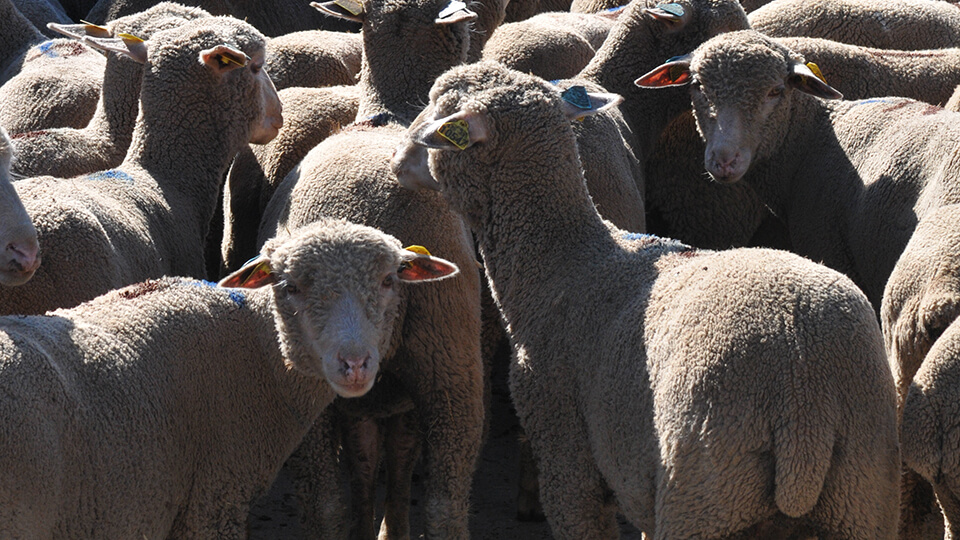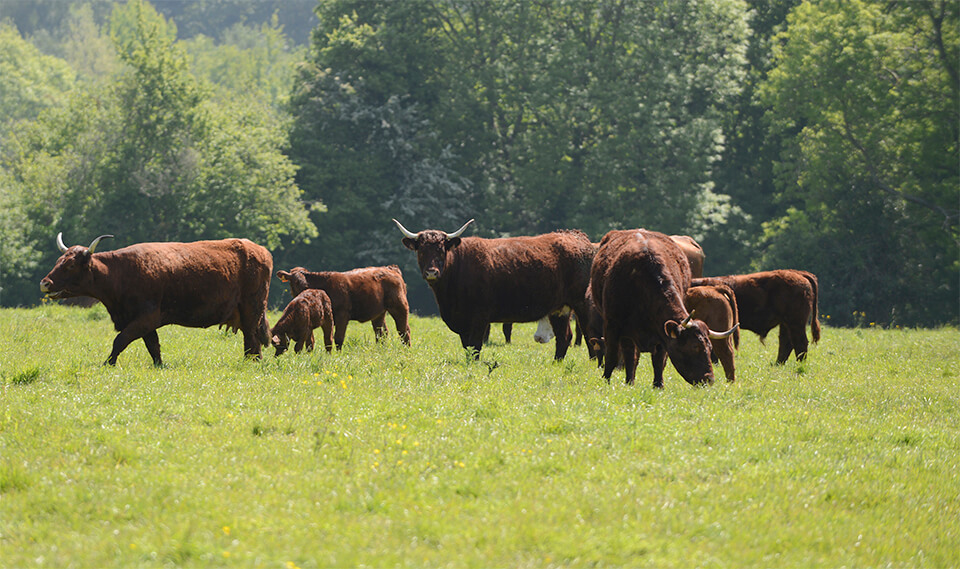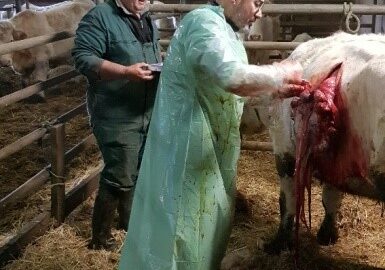La vaccination contre les pasteurelloses des ruminants

Auteurs
Résumé
Les bactéries de la famille des Pasteurellaceae sont des hôtes normaux des muqueuses des ruminants mais elles peuvent aussi être de redoutables agents pathogènes, responsables d’atteintes respiratoires, de septicémies, de mammites, d’arthrites et d’otites. Les pasteurelles des ruminants (Mannheimia haemolytica, Pasteurella multocida, Histophilus somni) sont de mieux en mieux connues. La vaccination contre M. haemolytica et P. multocida est possible en France pour les bovins et les ovins. Si l’efficacité de ces vaccins en situation contrôlée est démontrée, leur efficacité en situation complexe est plus difficile à établir avec constance. Une nouvelle approche intégrant amélioration médicale, calcul de rentabilité et impact sur l’antibiothérapie des affections respiratoires des ruminants devrait être possible.
Abstract
Bacteria from the Pasteurellaceae family are found naturally within the mucous membranes of ruminants but they can be formidable pathogenic agents. They can cause respiratory problems, septicaemia, mastitis, arthritis and ear infections. The pasteurella bacteria in ruminants (Mannheimia haemolytica, Pasteurella multocida and Histophilus somni) are becoming better understood. Vaccination against M. haemolytica and P. multocida is possible in France for cattle and sheep. Although the effectiveness of the vaccines in controlled situations is proven, their efficacy in complex situations is more difficult to establish. A new approach integrating: improved medicine, the calculation of cost effectiveness and the impact on antibiotic resistance of respiratory infections should be possible.
D'autres articles
JNGTV GTV2024 Page 561
Bovins · Hygiène alimentaire
Effet de l’administration d’oligo-éléments par voie injectable ou orale sur la santé et la croissance des veaux allaitants
Découvrez aussi nos formations
15 décembre 2025
5 jours
Bovin laitier · Bovin viande · Bovins


